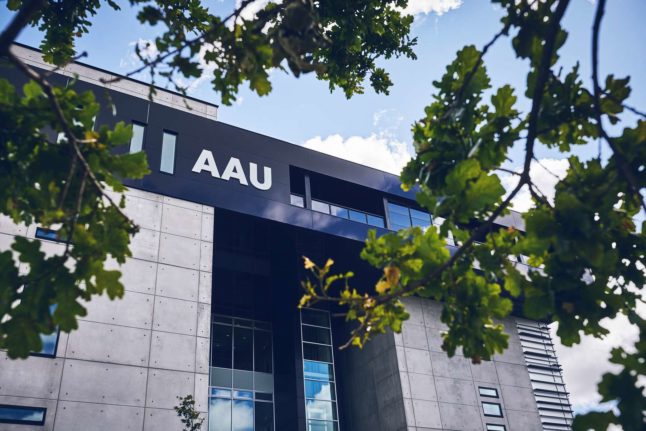The number of foreign nationals who have applied for a place on a Bachelor’s degree at a Danish university is up by 37 percent over the last year according to a report by the newspaper Berlingske.
The same increase – 37 percent – also applies for applications for courses taught in English at the vocationally-focused professionshøjskoler or “professional colleges”, according to the report. Around 19 percent of these applicants to English-language courses were Danish nationals, down from 29 percent in 2020.
Additionally, the number of foreign applicants to Danish Bachelor’s degrees increased from 2,307 to 4,858 between 2019 and 2023.
A reform of higher education presented by the government earlier in the summer will increase the number of places for international students in Denmark over the coming years, but since it is yet to be implemented, the current trend is attributable to a different cause.
READ ALSO: Denmark to boost English-language university places in education reform
Prior to the announcement of the reform, a large number of English-taught spots at Danish universities were last year scrapped in a political decision designed to reduce the amount Denmark spends on its state student grant (statens uddannelsesstøtte, SU), which foreign students with EU nationality can be eligible for if they fulfil certain criteria.
The closure of several English-taught courses, including 56 at professional colleges, has its roots in a 2013 political agreement on SU spending.
In general, EU or EEA nationals who study full time in Denmark are eligible to receive SU if they work at a job of at least 10-12 hours per week.
The monthly student grant covers basic costs and is not repayable.
READ ALSO: SU: Can foreigners receive Denmark’s state student grant?
In 2021, the government estimated that the cost of SU for foreign students will be 576 million kroner in 2025, and has since fallen to 415 million kroner, projected for 2026.
The 2013 deal limits annual spending on the area to 442 million kroner.
Applicants to Danish universities find out on Friday whether they have been successful.



 Please whitelist us to continue reading.
Please whitelist us to continue reading.
Member comments